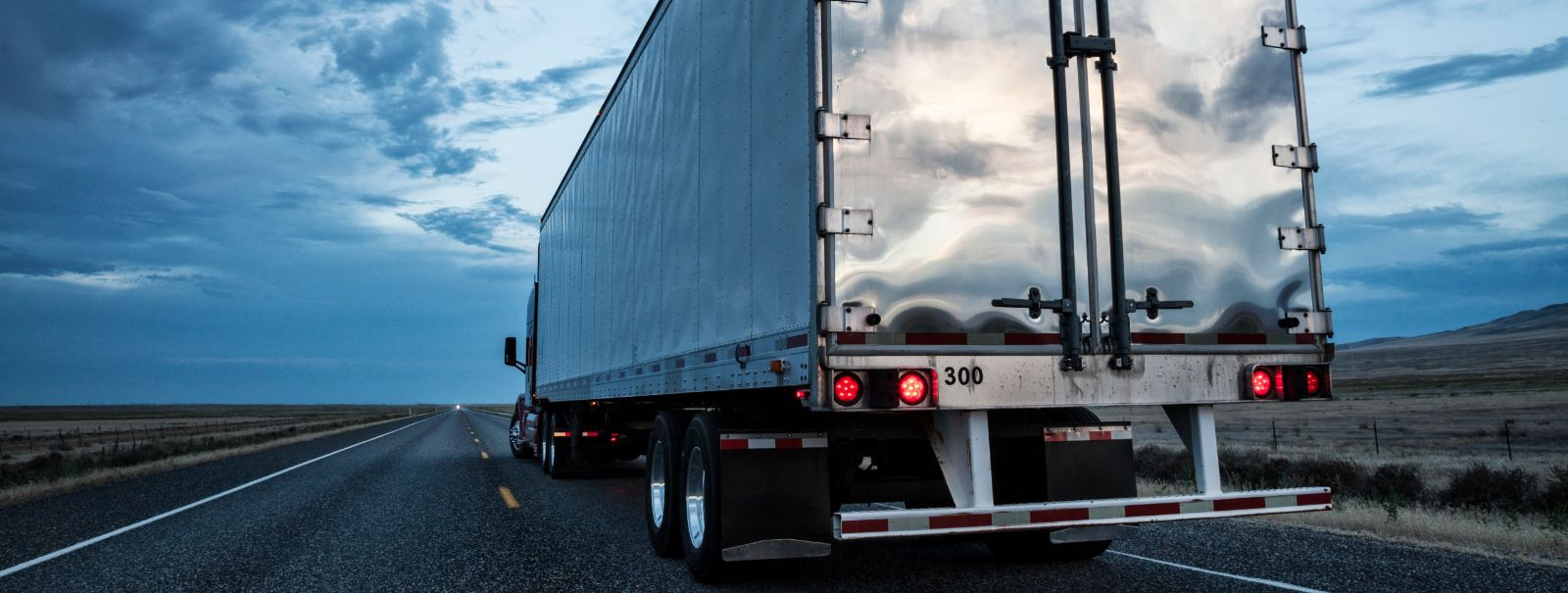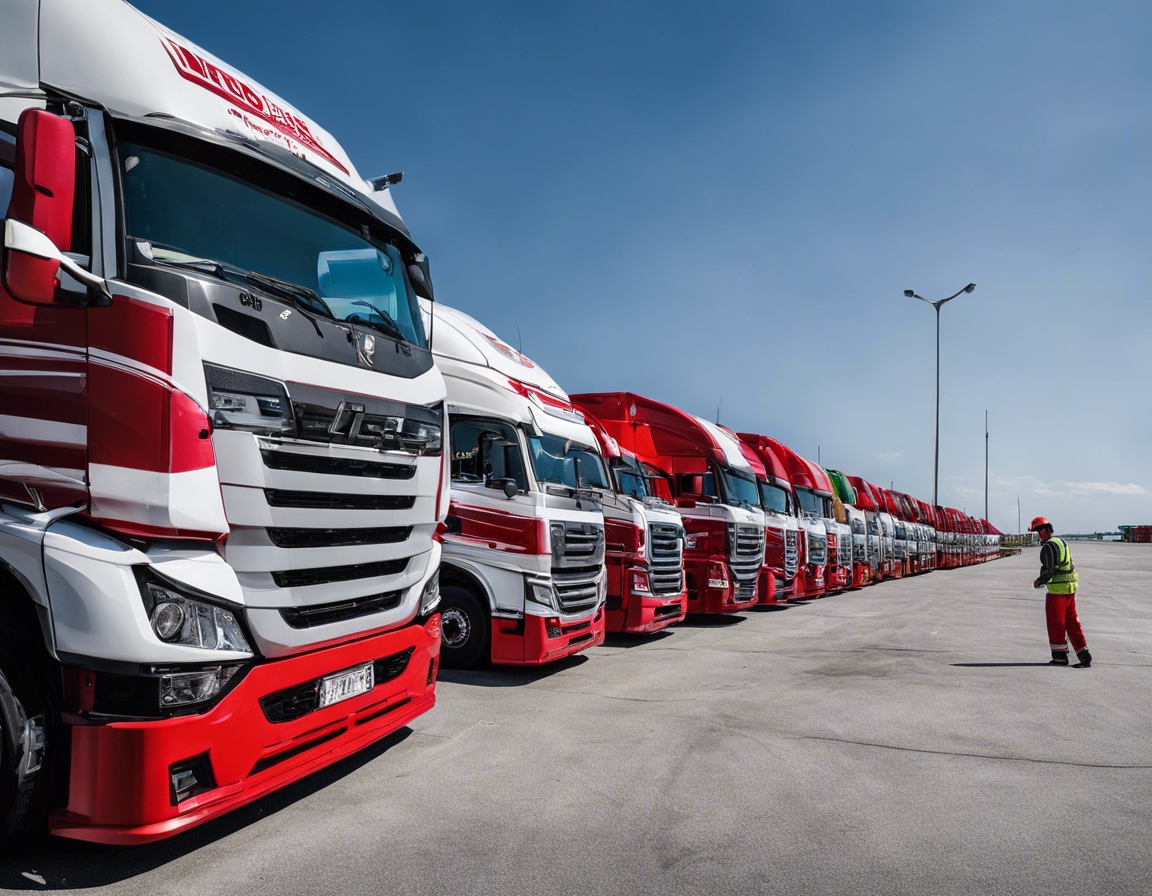The future of freight: sustainable transport services
The freight transport industry is a critical component of the global economy, facilitating the movement of goods across continents. However, it is also a significant contributor to environmental pollution, with traditional modes of transport relying heavily on fossil fuels.
Sustainable freight transport refers to the implementation of environmentally friendly practices and technologies that reduce the carbon footprint of logistics operations. It encompasses everything from fuel efficiency and alternative energy sources to innovative logistics management.
As the world becomes increasingly aware of the impacts of climate change, businesses and consumers are demanding more eco-friendly practices. Sustainable freight is not just an environmental imperative but also a competitive advantage in the modern marketplace.
Emerging Trends in Sustainable Freight
Electric vehicles (EVs) are becoming more prevalent in the freight industry, offering zero-emission transportation options. Companies are investing in electric trucks and vans for last-mile deliveries and beyond.
Biofuels, hydrogen fuel cells, and solar power are gaining traction as viable alternatives to traditional diesel and gasoline. These energy sources can significantly reduce the environmental impact of freight transport.
Efficient logistics and supply chain management can lead to reduced emissions by optimizing routes, reducing empty runs, and improving load factors.
Governments around the world are implementing policies and regulations to promote sustainable transport, including subsidies for green vehicles, emissions standards, and carbon pricing mechanisms.
Innovations Driving Sustainable Freight Forward
Self-driving and connected vehicles have the potential to revolutionize the freight industry by improving safety, efficiency, and reducing emissions through optimized driving patterns.
Artificial intelligence (AI) and big data analytics enable more precise demand forecasting and route optimization, leading to fewer wasted miles and better asset utilization.
Eco-friendly warehousing practices, including energy-efficient lighting and solar panels, contribute to a more sustainable supply chain.
Sharing transportation resources among businesses and optimizing cargo loads can significantly cut down on the number of trips required, thus reducing emissions.
Challenges and Considerations
While sustainable solutions may have higher upfront costs, they can lead to long-term savings and a strong return on investment through reduced fuel expenses and potential tax incentives.
The transition to sustainable freight requires significant investment in infrastructure, such as charging stations for electric vehicles, and overcoming technological hurdles.
Embracing sustainable freight practices requires a cultural shift within organizations and across the industry, with a focus on long-term benefits over short-term gains.
How DREA GRUPP OÜ is Pioneering Sustainable Freight Services
DREA GRUPP OÜ is dedicated to leading the charge in sustainable freight services. We understand the importance of reducing our environmental impact while maintaining the high-quality service our clients expect.
We offer a range of sustainable transport options, including the use of electric vehicles, optimized routing, and collaborative shipping strategies to minimize our carbon footprint.
By partnering with us, businesses can take a proactive step towards sustainability without sacrificing efficiency or reliability. We are committed to innovation and continuously seeking ways to improve our sustainable transport services.






Comments (0)